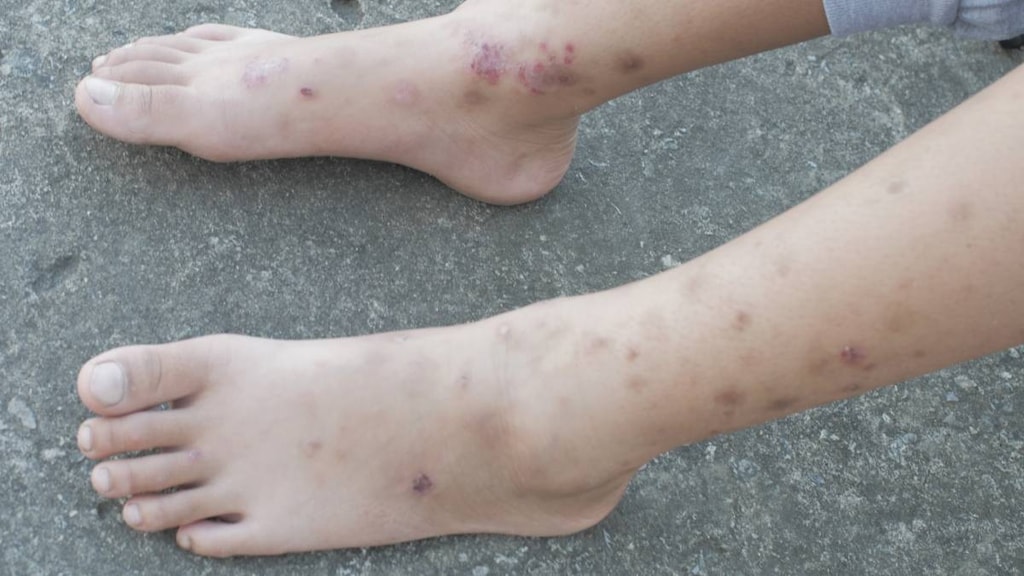
What is excoriation disorder?
Excoriation disorder is a term used to describe a condition where people pick at their skin so frequently and intensely that it causes bleeding, sores and scars.
Excoriation may also be called skin picking disorder or compulsive skin picking. Historically it was called dermatillomania.
What causes excoriation disorder?
Many people with excoriation disorder have other conditions that affect their mental health, such as obsessive-compulsive disorder (OCD), anxiety, or depression.
Some medical conditions, such as anemia, uremia (increased levels of urea and nitrogenous waste compounds in the blood), or liver disease may cause excoriation.
What are the symptoms of excoriation disorder?
Excoriation disorder is more likely to occur in women than men and generally starts in adolescence.
Symptoms of excoriation disorder include:
- Repetitive picking of skin to the point of causing open sores that may bleed and scar
- Areas that may be picked include freckles, moles, scabs, pre-existing sores, acne, or imagined defects that aren’t visible to others
- Using the fingernails, teeth, or other instruments such as tweezers, blades, or pins to pick at the skin
- Picking episodes usually follow a period of tension or anxiety or a stressful event
- Skin picking brings a feeling of relief or pleasure
- Picking episodes may be a conscious response to anxiety or an unconscious habit
- An infection may develop in the area that has been picked
- In extreme cases, picking may cause wounds so large that they require hospital care
- Picking may result in significant shame or embarrassment and lower a person’s self-esteem
Acne excorie is when people compulsively scratch, pick, or peel pimples and may be considered a subtype of excoriation disorder.
Excoriation is also more common in people who use methamphetamine or cocaine.
How is excoriation disorder diagnosed?
A doctor will look at your skin and ask you about your symptoms and history of skin picking. Further tests may be conducted to test for any underlying conditions or you may be referred to a specialist.
How is excoriation disorder treated?
Treatment depends on the extent of the skin damage and the level of insight a person has about their condition.
Treatment may include:
- Psychotherapy
- Cognitive-behavioral therapy (Habit Reversal Training)
- Exposure and Response Prevention (ERP)
- SSRI antidepressants




